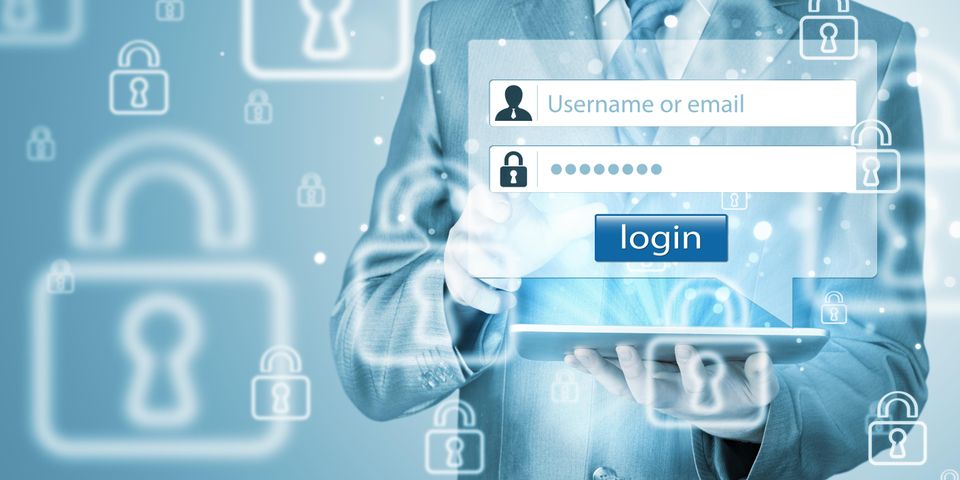
Having a secure password is an extremely important aspect of keeping your online accounts safe from possible hacks. NHTC Network Manager, Rusty Bright, stresses the importance of a secure password stating, “your password to an account is like the keys to your car – if you can’t find your keys, you can’t drive your car and you make sure no one else has a copy.” You wouldn’t hand a complete stranger the keys to your car and tell them to go for a ride – you shouldn’t do that with your passwords either.
Some of the Most Common Passwords
 Some of the most commonly used passwords include: password, love, money, fred, qwerty, bama, rolltide, wareagle, auburn, god, 123456, 123456789, 11111111, iloveyou and sunshine. If you are using any of these as your password, we encourage you to change your password now. It can be difficult trying to come up with secure passwords for all of your online accounts. NHTC would like to share some best practice password rules to help you secure your passwords today.
Some of the most commonly used passwords include: password, love, money, fred, qwerty, bama, rolltide, wareagle, auburn, god, 123456, 123456789, 11111111, iloveyou and sunshine. If you are using any of these as your password, we encourage you to change your password now. It can be difficult trying to come up with secure passwords for all of your online accounts. NHTC would like to share some best practice password rules to help you secure your passwords today.
According to Mr. Bright, “most people think in sentences, so pick a phrase and capitalize the first letter, add a number such as a year, then add a period or exclamation point and remove any spaces. For example, ‘See Spot run’ is a good password if you make it ‘SeeSpotrun2019!’.”
Best Practice Password Rules
Some best practice password rules include:
- Use words that are not in the dictionary
- Use something that isn’t easy to guess (for example, do not use your name)
- Use at least one upper case letter, one lower case letter, one number and one special character with a minimum of 8 characters whenever possible
- The longer the password is, the better (a four-digit numerical password, like a PIN number, has 10,000 possible combinations and it can take a computer as little as 15 seconds to try all 10,000 possible outcomes, whereas 17-character passwords can take a computer 98 years to try all possible outcomes)
- Change your password at least every 3 months refraining from reusing old passwords whenever possible
- Don’t use the same password for multiple sites – add a letter, a number, a special character, etc. to change it up
You should never send your password to a company via email, unless you are 100% sure the email is legitimate. If you receive an email from a company requesting your password and you are not sure if it is legitimate, we recommend that you call the company first before responding with your password. Most companies will never ask for your password to your account via email.
While you cannot completely protect your online accounts from potential hacks, having a secure password in place that utilizes the best practice password rules is one of your top defenses for protecting your online accounts. We encourage you to follow these practices and strengthen your passwords today.
About the Business
Have a question? Ask the experts!
Send your question

